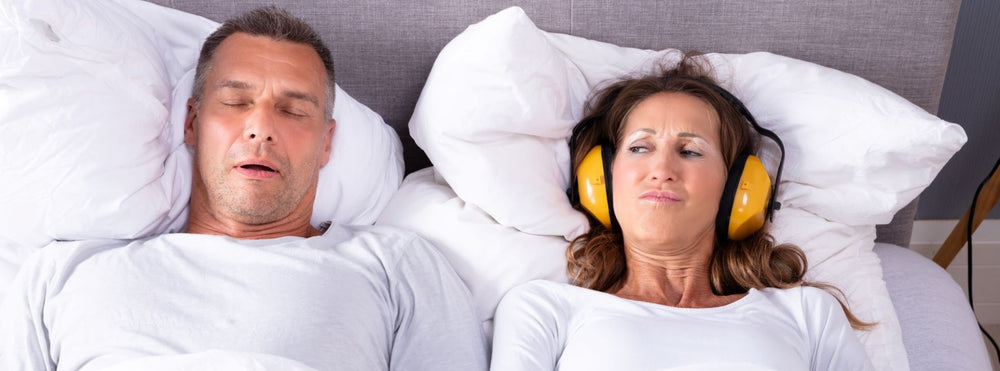Worried about your heart health? Just sleep on it!

For years, I’ve been talking to my patients about sleep. After all, sleep apnea affects about 22 million Americans, including 30-50 percent of people with high blood pressure and 40-80 percent of people with heart disease.
Sleep apnea is a condition marked by abnormal breathing during sleep. People with sleep apnea have multiple extended pauses in breath when they sleep, leading to intermittent low blood oxygen levels. Intermittent drops in oxygen lead to a rise in stress hormones which can then wreak havoc with our systems, like increasing blood pressure and increasing the likelihood of heart rhythm abnormalities among other effects.
The type of sleep apnea that affects the most people is obstructive sleep apnea (OSA). OSA occurs when the airway at the back of the throat becomes physically blocked. That obstruction causes temporary lapses in breath which are then typically broken by heavy snoring. People with large necks (over 17 inches in men and 16 inches in women), those who are overweight/obese, those with large tonsils or adenoids, those with craniofacial abnormalities and those with a family history of sleep apnea are at increased risk of developing OSA. Loud snoring and daytime fatigue are typical symptoms.
Last month, the American Heart Association finally issued a statement acknowledging the importance of sleep to heart health, including the fact that obstructive sleep apnea is woefully underdiagnosed. The statement, published in the association’s journal, Circulation, urges people at risk of cardiovascular conditions to get screened for OSA, since treatments can be life changing.
And here’s the good news: screening and treating sleep apnea have never been easier. At-home diagnostic devices mean that you may not have to check in to a sleep study center for overnight monitoring. And not everyone will need to use a CPAP machine for treatment: while changing sleep position, losing weight and using an oral appliance can all help, new implantable devices that don’t require a mask have also been FDA approved. In other words, if you think you might have sleep apnea, don’t let the idea that you’re destined for a life tethered to a hose and noisy mask stop you from being evaluated!
If you have had any of the following cardiovascular conditions, you may be at a higher risk for having underlying OSA (and should bring up the topic of OSA at your next medical visit if it’s never been discussed):
- high blood pressure
- heart rhythm disorders such as atrial fibrillation
- stroke
- coronary artery disease
- pulmonary hypertension
- edema (excessive/new/unusual leg and ankle swelling)
Treating OSA comes with all sorts of health benefits including better blood pressure control, lower likelihood of recurrent atrial fibrillation and reduced lung pressures. But it’s the elimination of fatigue and the feeling of rejuvenation that comes with better sleep that might just be the greatest and most immediate reward.
But I do need to emphasize an important point – much of obstructive sleep apnea is weight related. I have seen this routinely – people with sleep apnea lose weight and their OSA goes away! If present, treating OSA is vital to improving health immediately. After all, you want to eliminate as much unnecessary external stress on your system as possible. But if you’re also overweight, the best solution long term is to lose weight and eliminate the reason for the OSA existing in the first place.

Tested & Proven Results.
- Cardiologist formulated
- Supported by over 500 publications
- Clinically-proven, in a double-blind randomized trial with Mayo Clinic and The University of Manitoba
80% of participants lowered their cholesterol in just 30 days. With just two servings per day, Step One Foods offers a proven-effective way to naturally lower LDL (bad) cholesterol.
Get heart health tips and articles like this, delivered right to your email.
New articles every week.
You may also like...

Insulin Resistance, Prediabetes and Type 2 Diabetes. Part 4: Un-Doing It.

You don’t need to avoid foods with cholesterol…except for these



